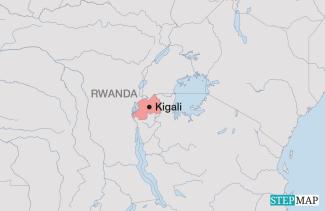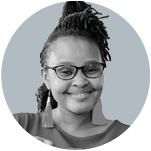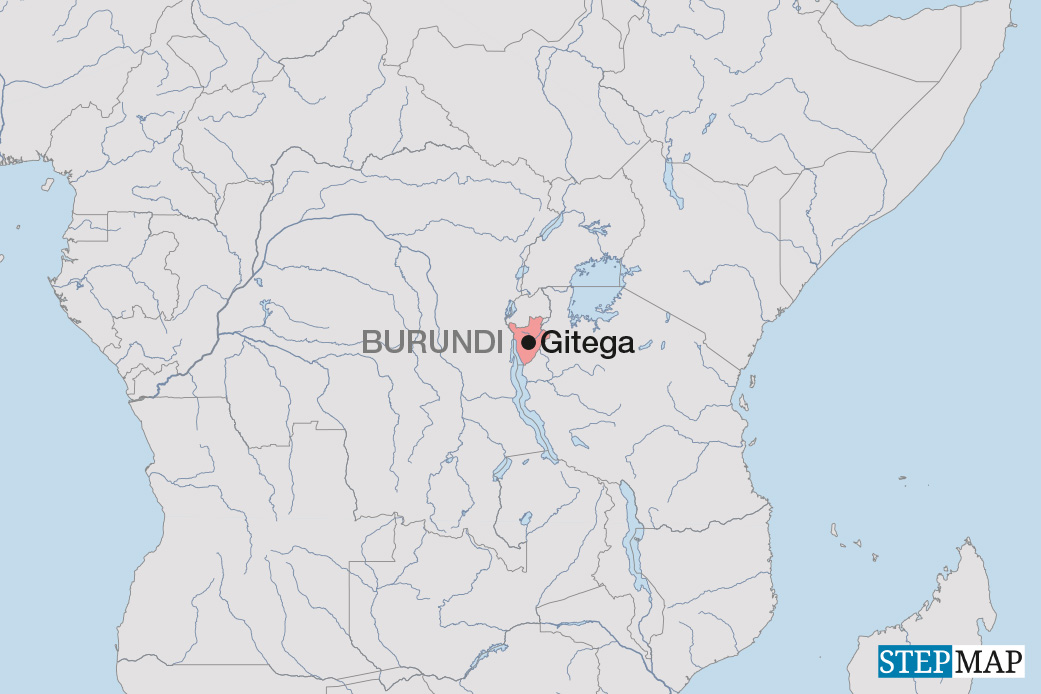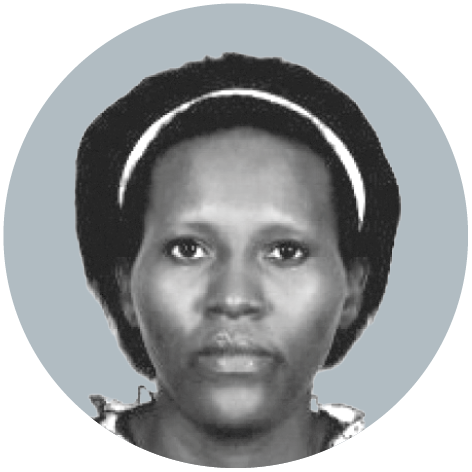Inclusion
The fate of a Rwandan man with disability

Oswald Tuyizere’s story starts when he was born in Rwanda. His parents’ joy was shadowed by polio, a deadly disease which left his two legs visibly disabled. Growing older, Oswald encountered several difficulties in getting around, participating in activities and manoeuvring in his surroundings. His parents could not afford a wheelchair.
Oswald was not privileged enough to go through an inclusive education system, and he describes his education experience as “fighting with no reason.” He realised that despite his efforts to introduce accessibility to his university, there was no critical willingness to ensure that persons with disabilities are catered for.
However, he eventually started an association to fight for this cause, and in his capacity as the president of the Student Union he influenced the university to add some disabled persons accessible facilities. The school refurbished buildings and added ramps to ease access for disabled persons.
The challenges that he faced during his education did not stop him from creating an easier world for other children with disabilities. Today, Oswald owns an inclusive school in Kamonyi District, in the southern province of Rwanda, which welcomes all learners. Their goal is to provide equal access to basic rights such as education. The school started with eight pupils in 2018 but now counts over 300 learners. “Having disabilities should not be a barrier,” Oswald says.
According to the World Health Organization (WHO), over 1 billion people worldwide live with some form of disability. This corresponds to around 15 % of the world’s population. In the context of Rwanda, the Population and Housing Census of 2022 revealed that within a resident population of 13.24 million, there were 391,775 persons with disabilities, constituting 3.4% of the total population.
Notably, there are slightly more females with disabilities (216,826) than males (174,949), accounting for 3.6 % and 3.1 % of the population, respectively. However, despite the available data and the efforts the government of Rwanda has taken to be more inclusive, numerous challenges persist within the Rwandan disability community.
“Persons with disabilities in Rwanda still yearn for inclusion across multiple domains, including the provision of assistive devices, such as wheelchairs, promotion of inclusive sports and technical aid”, Oswald emphasised. The scarcity of assistive technologies, such as braille machines and hearing devices, remains a concern in the country.
When persons with disabilities lack access to infrastructure that eases their daily lives, they are not only denied the opportunity to engage in fundamental activities such as education and healthcare but they are also stripped of their ability to voice opinions on matters of societal significance, leaving them disempowered and overlooked.
Stella Tushabe is a freelance writer based in Kigali, Rwanda.
stellatush@gmail.com













